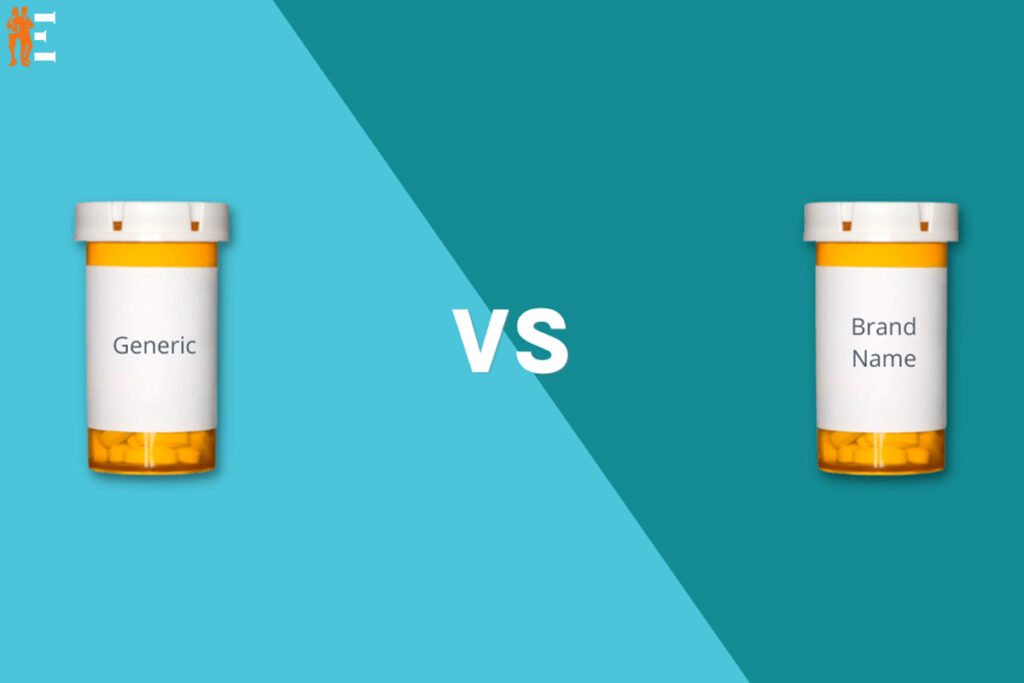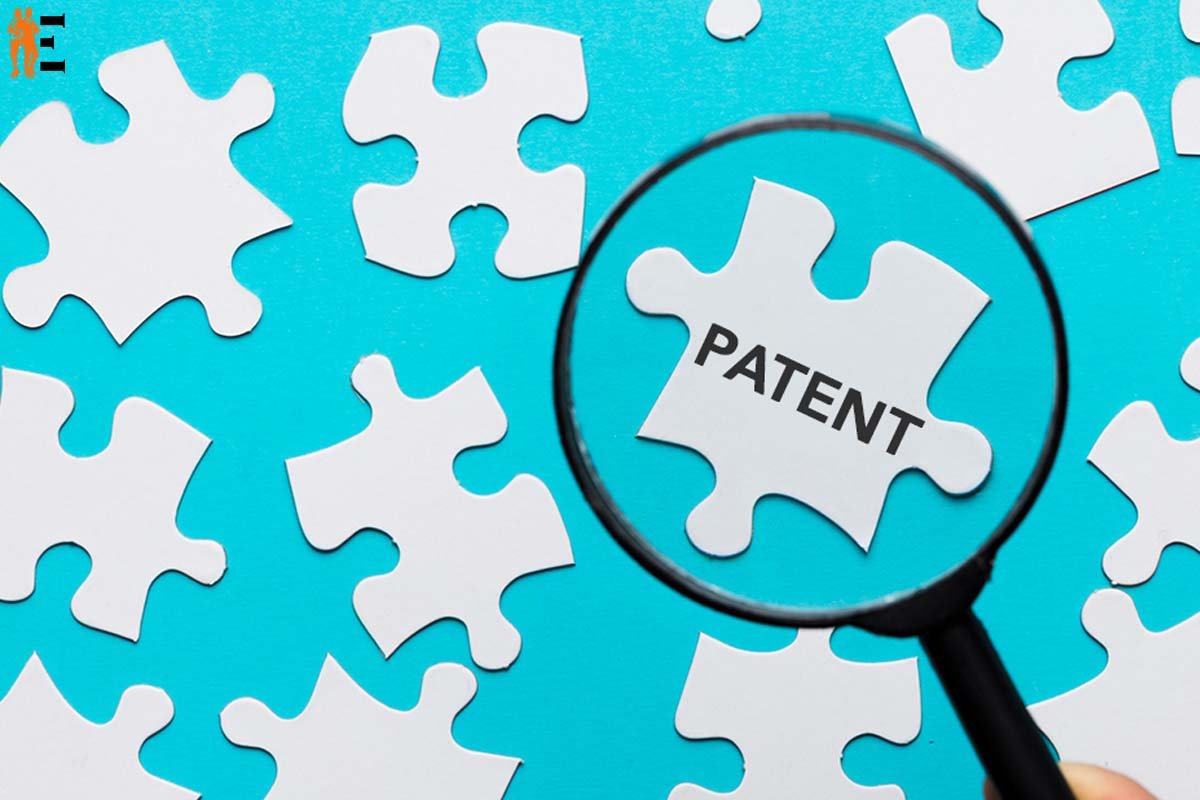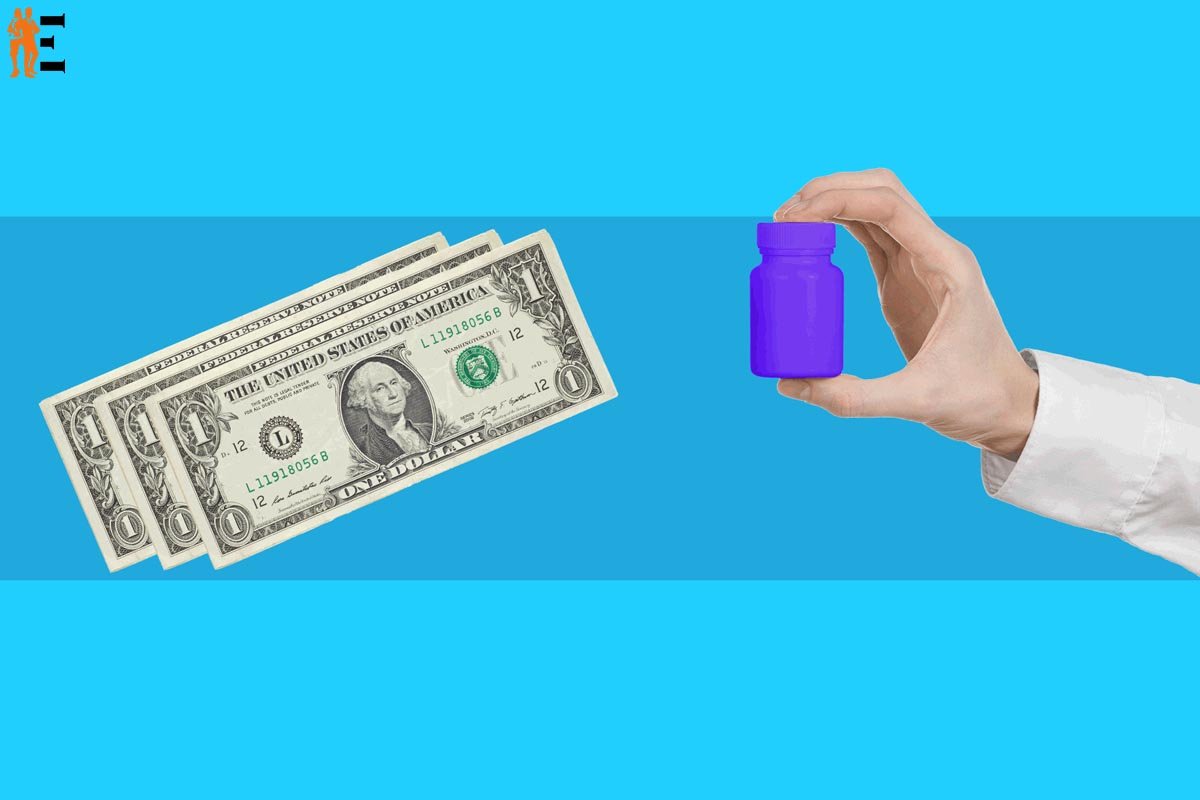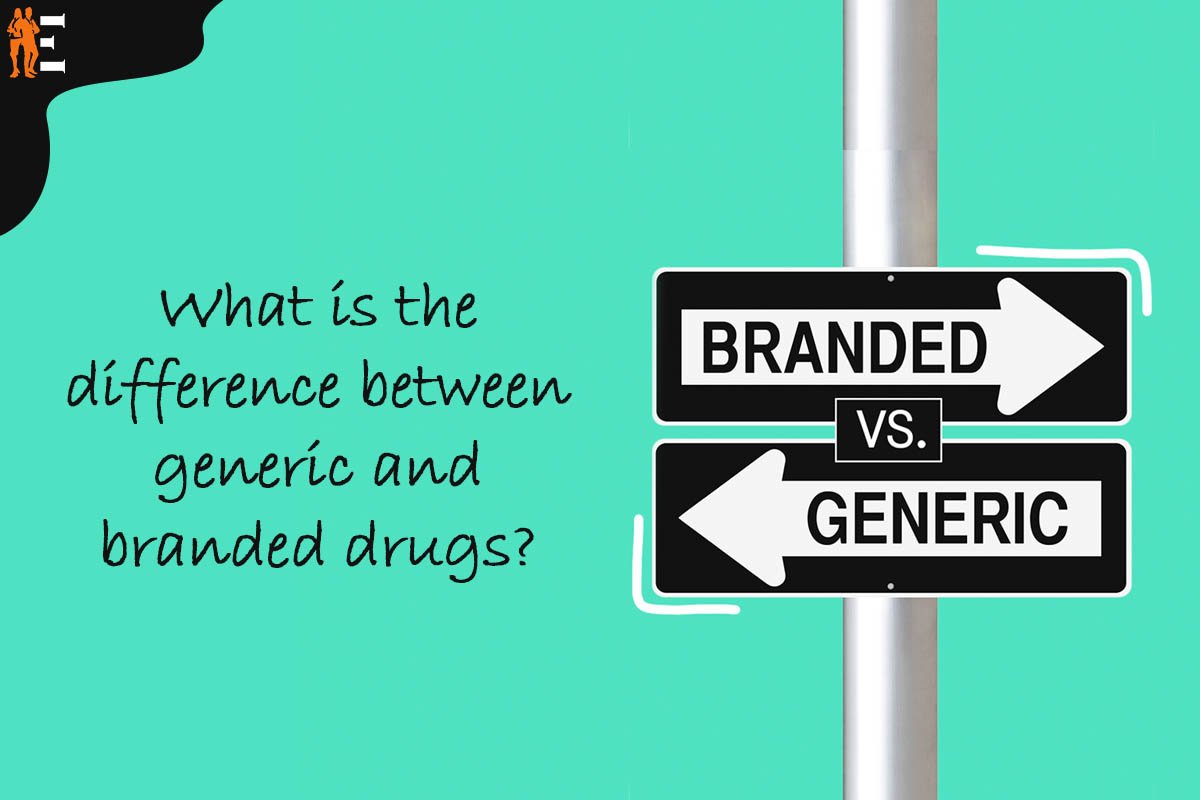Generic Versus Brand Name Drugs? Both generic and brand-name medications are safe, effective, and bioequivalent. In the United States of America, 9 out of every 10 prescriptions are for generic medications. Nonetheless, there are some difference between generic and branded drugs. We often interchange the phrases generic and brand name medications, as well as generic and brand name medicine.
In general, the terms “generic and brand name medications” and “generic medicine and brand medicine” are used interchangeably to describe a pharmaceutical product. Nevertheless, do you understand the difference between generic and branded drugs and a medicine?
Here is the difference between generic and branded drugs.
1. Definitions
Generic vs. Brand-Name Drugs
A generic drug is an off-patent pharmaceutical product manufactured by a pharmaceutical company in the same strength, dosage form, route of administration, safety, quality, performance characteristics, and intended use as the relevant brand name drug after the patent of the relevant brand name drug expires (Innovator drug).

According to the World Health Organization (WHO), a “generic medication” or “generic medicine” is a pharmaceutical product that is:
- interchangeable with an innovative product
- manufactured without an innovator company license
- marketed after the patent or other exclusive rights had expired.
The USFDA (United States Food and Drug Administration) defines a generic medication as:
‘A drug product that is equivalent to a brand/RLD (reference listed drug) product in strength, dosage form, method of administration, performance characteristics, quality, and intended use.
According to the European Medicines Agency, “a generic medication is a drug that is created to be the same as a medicine that has previously been approved” (reference medicine). Generic medication includes the same active ingredient(s) and is administered at the same dose(s) as the reference medicine. Nevertheless, the name of the drug, its appearance (for example, color or form), and its packaging may vary from those of the reference medicine’.
On the other hand, a Brand name medicine is a pharmaceutical product that is created and sold under a patent or registered trademark by a pharmaceutical business. Nevertheless, it is licensed only after animal and clinical (human) research have shown the drug’s safety and efficacy. Also known as innovator medications, brand-name pharmaceuticals.
Often, a medicine might be created in numerous ways, such as buffered vs non-buffered aspirin, resulting in several brand names for the same drug (Active Pharmaceutical Ingredient).
2. Patents and Exclusive Rights

A generic medicine is an off-patent pharmaceutical product manufactured by a variety of businesses. A brand-name medicine is patent-protected, which prevents other companies from selling generic copies of the same drug this is the difference between generic and branded drugs.
3. Brand Name
A generic drug is sold under the medicine’s generic name. A brand-name medicine, on the other hand, is sold under a distinct, proprietary name granted by a pharmaceutical firm. where you are sold your drug is also an important factor in difference between generic and branded drugs
4. Request for USFDA clearance
The USFDA requires an Abbreviated New Drug Application (ANDA) for marketing authorization. Nevertheless, for USFDA approval for marketing authorization, a New Drug Application (NDA) is necessary.
5. Produced by
After the expiry of patents and marketing exclusivities for the relevant brand name medicine, various pharmaceutical businesses produce generic drugs. An innovative firm develops and manufactures a brand-name medicine.
6. Animal and clinical (human) studies comparing generic and brand-name medications
Since a brand-name medicine is developed after clinical investigation and a generic drug is a clone of a brand-name drug, clinical study is not necessary. Both animal and clinical (human) research are required to demonstrate the safety and efficacy of a new brand-name medicine.
7. Cost

Generic medications are less expensive than brand-name medications and have the same therapeutic effect. Generic drugs are less expensive than brand-name medicines because they do not need the same animal and clinical (human) research that brand-name medicines undergo to show safety and efficacy. It is one of the focused difference between generic and branded drugs.
Moreover, many generic medications are often authorized for the same single product; this generates rivalry in the marketplace, which generally results in reduced pricing. Because of the reduced initial research expenditures, they are often marketed at much cheaper pricing.
For example, a single generic competitor may result in price reductions of 30%, while five generic competitors can result in price reductions of over 85%. According to the IMS Health Institute, generic medications saved the US healthcare system $2.2 trillion between 2009 and 2019.
In 2017, the FDA launched the Drug Competition Action Plan to foster more strong and timely market competition for generic drugs in order to improve competition so that consumers may receive access to the medications they need at more reasonable costs.











